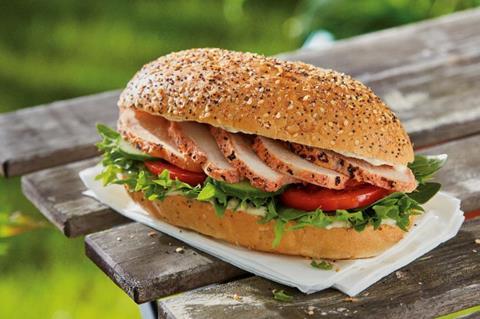
Greggs is set to trial the use of wheat from a regenerative farmed source in its wholemeal bread production this year as part of its ’Greggs Pledge’ sustainability goals.
News of the trial was published in its fourth annual sustainability report in which Greggs outlines the progress it has made towards its 2025 sustainability targets.
The food-to-go giant is three years into its five-year sustainability plan, during which time it has made ‘significant progress’ on its 10 commitments. These include opening 1,000 school breakfast clubs, creating 25% less food waste than in 2018, and using 100% renewable energy across all operations.
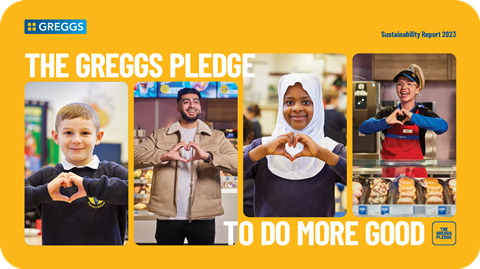
The regenerative wheat trial falls under Greggs’ goal to launch a responsible sourcing strategy and report annually on progress towards its targets. In 2023 it completed the mapping of soy in animal feed to determine its sustainability status. The 2024 target is to see 100% declared soy certified as sustainable and to trial the use of regeneratively farmed wheal in wholemeal bread production.
According to the latest report, Greggs uses Wildfarmed’s regenerative wheat in a number of its bread products – including the classic ham & egg roll and the bread it uses to make children’s sandwiches for the breakfast clubs every morning. Greggs noted that Wildfarmed crops are grown without the use of pesticides (fungicides, insecticides, or herbicides), and its approach increases biodiversity, minimises river pollution, mitigates against floods and builds drought resilience.
“It’s important we continue to look ahead and expand upon our goals beyond 2025,” said Greggs CEO Roisin Currie. “We will focus on what is material to our business in the years ahead, including our responsibility in promoting regenerative and sustainable agriculture. We acknowledge the pressing global issue of biodiversity loss and our suppliers and farmers play pivotal roles in addressing this challenge. Greggs is dedicated to supporting them in making a meaningful impact and driving positive change.”
The report also revealed that Greggs had already reached several key milestones against its other sustainability commitments, including:
- Opening 896 Greggs Foundation Breakfast Clubs, feeding over 62,000 children every school day
- Almost £650,000 of Greggs Outlet profits donated to the Greggs Foundation Community Grant programme to distribute to communities in need
- 97.1% of electricity usage across all operations came from renewable sources
- Maintained over 30% of range as ‘Healthier Choice’ products
- Over 500 shops (21% of the estate) feature Eco-Shop elements
- Published Ethnicity Pay Gap Report.
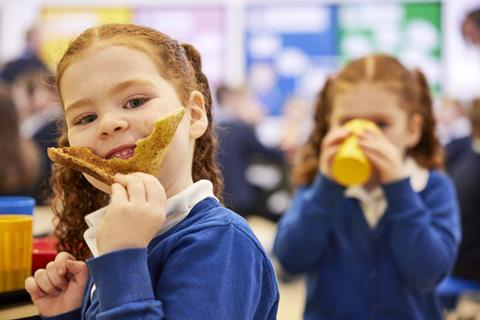
“I’m delighted that, in key areas, we have already achieved what we set out to do by the end of 2025. We have significantly exceeded our target to make 30% of our products a healthier choice; and our responsible sourcing policies are firmly established ahead of schedule,” Currie added. “However, we’re always determined to do better. We believe in setting ambitious targets that push us to think innovatively and collaborate effectively, even in demanding circumstances.”
Regeneratively farmed ingredients have been gaining traction in bakery in recent years. Wildfarmed, which was awarded Sustainability Initiative of the Year at the 2023 Baking Industry Awards for its work with M&S, has secured a host of new partners in recent months including The Bread Factory, Higgidy, and Ask Italian.
The regenerative farming movement will continue to climb the agenda as it forms part of many sustainability strategies. Bakery supplier Délifrance, for example, has outlined a target of achieving 100% sustainable wheat flour on all sites by 2027, which is being driven by initiatives such as adding wheat flour from regenerative farming practices. Agribusiness ADM has also expanded its regenerative agriculture programme to the UK.



















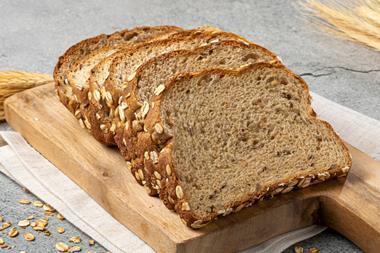
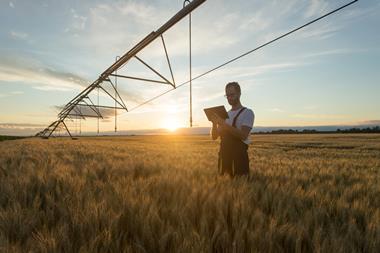
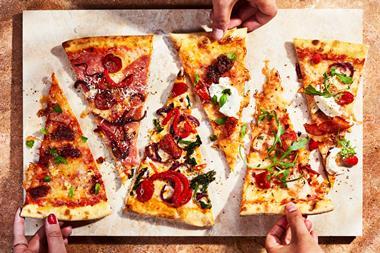
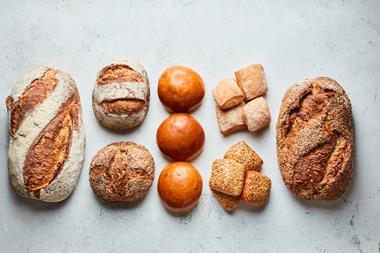
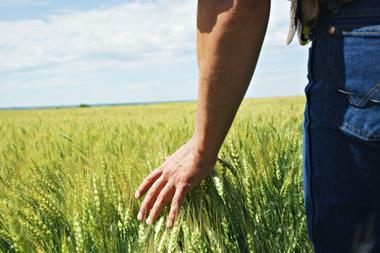
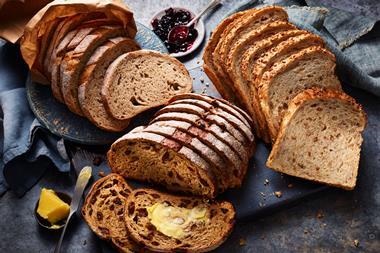
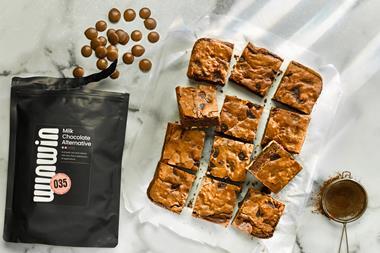
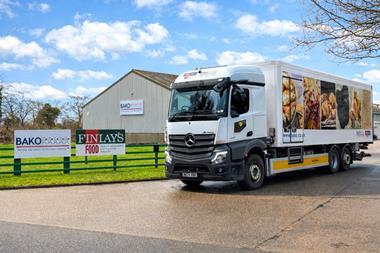
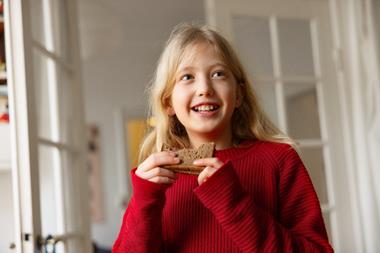
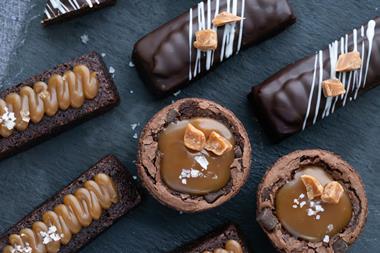
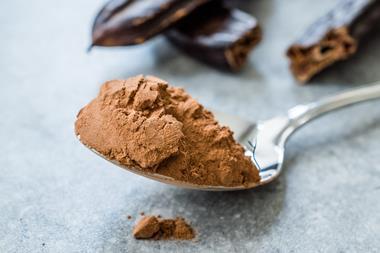
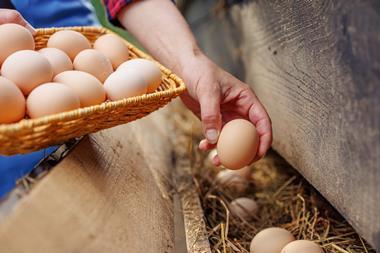

No comments yet